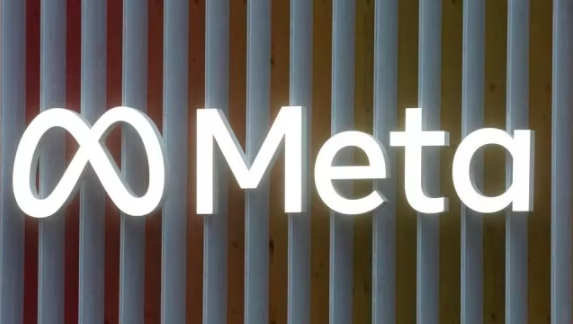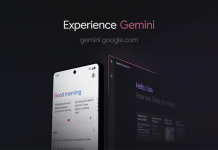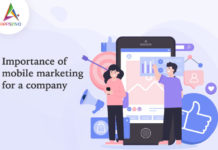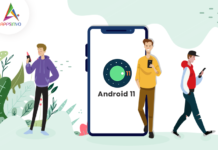Meta Platforms’ top policy executive announced on Tuesday that the company will begin detecting and labeling images generated by other companies’ artificial intelligence services in the coming months, using a set of invisible markers embedded in the files.
Meta will apply the labels to any content with the markers that is posted to its Facebook, Instagram, and Threads services, in an effort to signal to users that the images, which often resemble real photos, are actually digital creations, according to the company’s president of global affairs, Nick Clegg, in a blog post.
The company already labels any content created with its own AI tools.
Once the new system is up and running, Meta will do the same for images created using services run by OpenAI, Microsoft, Adobe, Midjourney, Shutterstock, and Alphabet’s Google. Clegg said.
The announcement provides an early look at an emerging system of standards that technology companies are developing to mitigate the potential risks associated with generative AI technologies, which can generate fake but realistic-looking content in response to simple prompts.
The approach is based on a template developed over the last decade by some of the same companies to coordinate the removal of banned content across platforms, including depictions of mass violence and child exploitation.
In an interview with Reuters, Clegg said he was confident the companies could reliably label AI-generated images at this point, but that tools for labeling audio and video content were more complicated and still in development.
“Even though the technology is not yet fully mature, particularly when it comes to audio and video, the hope is that we can create a sense of momentum and incentive for the rest of the industry to follow,” Clegg said in a statement.
In the meantime, he added, Meta would begin requiring people to label their own altered audio and video content, with penalties if they failed to do so. Clegg did not explain the penalties.
He added that there is currently no viable mechanism for labeling written text generated by AI tools such as ChatGPT.
“That ship has sailed,” Clegg explained.
A Meta spokesman declined to say whether the company would label generative AI content shared via its encrypted messaging service WhatsApp.
On Monday, Meta’s independent oversight board criticized the company’s policy on misleadingly doctored videos, claiming it was too narrow and that the content should be labeled rather than removed.
Clegg said he broadly agreed with the criticisms.
He agreed with the board that Meta’s current policy “is just simply not fit for purpose in an environment where you’re going to have way more synthetic content and hybrid content than before.”
He cited the new labeling partnership as proof that Meta was already heading in the direction the board had suggested. (Reported by Katie Paul in New York; edited by Matthew Lewis and Jamie Freed.)
Given Below are Some Adaptive Features of Meta’s |












